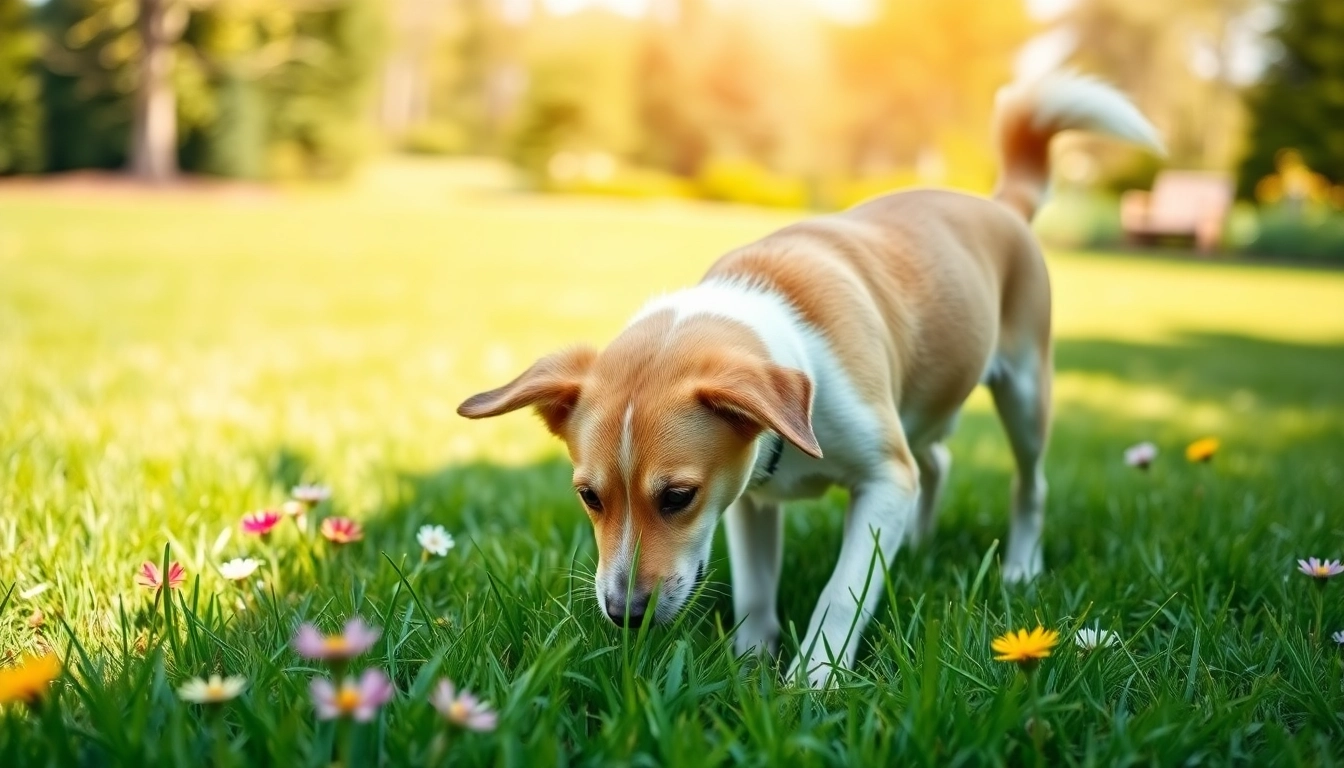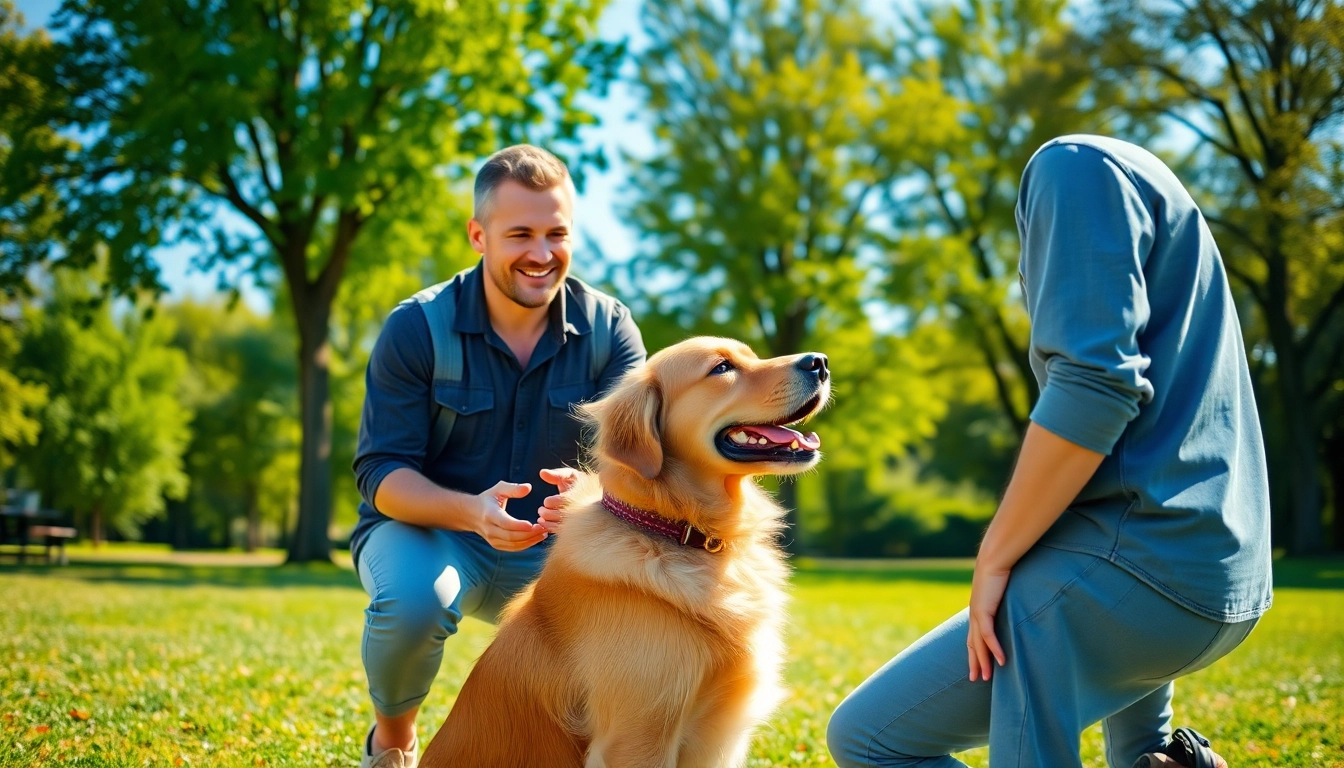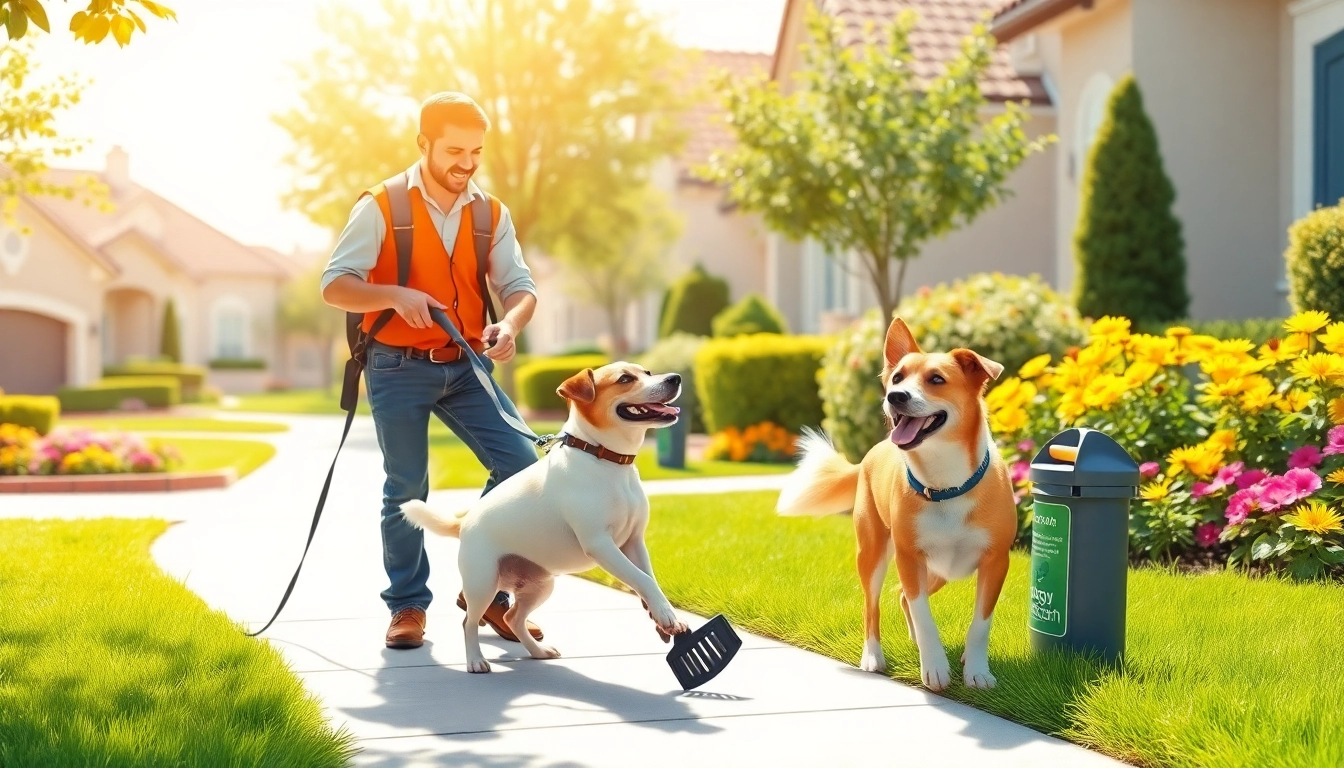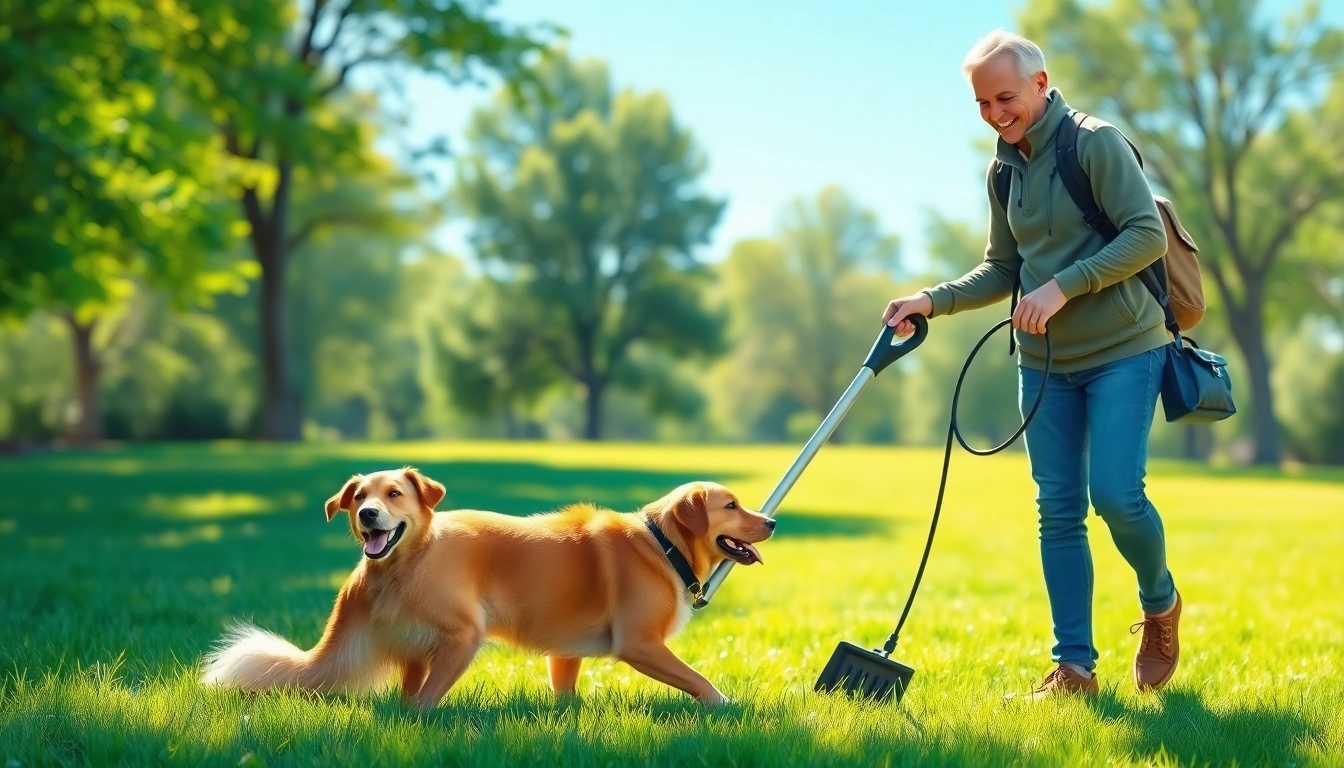Understanding Why Female Dog Urine Smells Bad
For many dog owners, the phenomenon of female dog urine smells bad is an all-too-frequent reality. While it might seem purely unpleasant, understanding the underlying factors behind this issue is crucial for managing the situation effectively. Let’s delve into the science of dog urine and explore why it sometimes exhibits such a strong odor.
The Science Behind Dog Urine Composition
Dog urine is primarily composed of water (around 95%) along with various solutes, including urea, creatinine, uric acid, and electrolytes like sodium and potassium. The concentration of these components can vary based on several factors such as diet, hydration level, and overall health. Notably, the presence of urea, which is a product of protein metabolism, can lead to a strong smell, especially if the dog is fed a high-protein diet.
Furthermore, female dogs tend to have differing hormone levels than their male counterparts, which can influence urine odor. The variations in hormonal balance, especially during estrus, can also contribute to intensified smells. The pH level of a dog’s urine can range from around 5.5 to 7.0, and any alterations in this range can further affect the odor released.
Factors That Intensify Odor
Several factors come into play that can amplify the unpleasant smell of female dog urine. Diet is a significant factor; foods high in certain proteins, for example, can lead to more concentrated urine and, in turn, stronger odors. Additionally, certain additives, such as those found in processed dog foods, can also contribute to a more pungent smell.
Hydration levels are another critical element. Dehydrated dogs will produce more concentrated urine, which usually has a stronger smell. Environmental factors, such as the conditions of the lawn or the presence of other odors, can cause urine smells to be more pronounced. Lastly, underlying health issues, such as urinary tract infections or metabolic diseases, may also lead to unusual and strong urine odors, indicating that a visit to the veterinarian may be in order.
Health Implications of Strong Smells
Strong-smelling urine in female dogs can sometimes be a sign of underlying health issues. Conditions such as bacterial infections, kidney disease, or diabetes may manifest through changes in urine odor. For instance, a sweet or fruity odor may suggest diabetes due to the presence of excess sugars in the urine, while a strong, foul smell might indicate a urinary tract infection.
It is essential for dog owners to observe their pet’s normal routine and note any significant changes in urination habits or odor. If the odor persists, particularly if accompanied by other symptoms such as frequent urination, straining, or discomfort, it’s advisable to consult a veterinarian for a thorough evaluation to rule out any potential health concerns.
Effective Solutions for Female Dog Urine Smells Bad
Now that we understand the reasons behind the unfortunate phenomenon of female dog urine smells bad, it’s time to explore effective solutions to manage and mitigate these odors. From natural remedies to home cleaning techniques, various strategies can help tackle the problem.
Natural Remedies to Mask Odor
Several natural remedies can be employed to help mask or neutralize the odor of female dog urine. One of the simplest solutions is to use a mixture of white vinegar and water. Vinegar neutralizes odors, making it an excellent option for cleaning up any spills or accidents. Mixing equal parts of vinegar and water in a spray bottle, spraying the area, and letting it sit for a few minutes before blotting can help alleviate odors.
Another natural remedy includes baking soda. Known for its ability to absorb odors, sprinkling baking soda over affected areas can help eliminate lingering smells. Let it sit for several hours or overnight before vacuuming or sweeping out the excess. Moreover, incorporating enzymatic cleaners specifically designed for pet messes can break down the compounds responsible for the odor.
Commercial Products for Lawn Care
If the odor issue extends to your lawn, consider various commercial products specifically designed to neutralize pet urine odor. These products often utilize enzymes to break down the urine compounds, helping to restore the lawn’s health and diminish odor. Look for bio-enzymatic cleaners that are pet-friendly and safe to use on grass.
When applying these products, it is vital to follow the instructions provided by the manufacturer. Timing is critical; applying the cleaner immediately after your dog has urinated can yield better results. Often, using these products regularly can help maintain a more pleasant outdoor environment.
Home Cleaning Techniques for Freshness
Maintaining cleanliness in areas where your female dog frequents is essential for odor control. Regularly washing bedding and any items your pet uses can prevent the build-up of odors. Opt for pet-safe detergents to ensure the safety of your furry friend.
In outdoor spaces, consistently picking up waste and cleaning surfaces is vital. If your dog tends to urinate in a specific section of the yard, consider creating a designated bathroom area with grass that tolerates high nitrogen levels better, reducing the odors often associated with pet urine.
Best Practices for Training Your Dog
Prevention through proper training can significantly impact the frequency of urine smells in your home and yard. Encouraging bathroom habits and establishing a routine for your dog can make a considerable difference.
Encouraging Bathroom Habits
To help manage your female dog’s bathroom habits, consistency is key. Establish regular potty breaks throughout the day. Take your dog out after meals, after waking, and before bed. The predictable schedule will encourage her to relieve herself at appropriate times, reducing accidents indoors and minimizing odors.
Additionally, be attentive to signs that she needs to go outside. Tail sniffing, circling, or whining are common signals that it’s time for a bathroom break. Responding promptly to these signals aids in reinforcing good habits.
Designating Specific Areas for Use
Designating specific areas in your yard for your dog to urinate can also help in managing odors. Over time, you can encourage her to use that area consistently through positive reinforcement and rewards. This practice minimizes the spread of odors throughout the yard, allowing for easier maintenance.
Moreover, consider landscaping with dog-friendly plants that can tolerate the nitrogen from urine. This not only assists in absorption but also reduces the likelihood of brown patches forming in the grass.
Reward Systems for Positive Behavior
Implementing a reward system can provide your dog with positive reinforcement for desired behaviors, such as urinating in designated areas. Use treats or verbal praise immediately after she relieves herself outside, which will help her associate positive outcomes with bathroom behavior. Over time, she will learn to prefer those areas for her bathroom needs, leading to a reduction in odors in other parts of your yard or home.
Preventing Odors in Your Outdoor Space
Outdoor spaces often bear the brunt of dog urine odors. Adopting a proactive approach to lawn maintenance can help ensure a fresh and clean environment.
Regular Lawn Maintenance Routines
Regular lawn maintenance routines can help prevent urine odors from becoming a persistent problem. This includes mowing, aerating, and fertilizing and maintaining soil health. Aerating soil improves drainage and facilitates better grass growth, which can counterbalance the effects of concentrated urine spots.
Furthermore, watering your lawn immediately following your dog’s urination is crucial. This dilutes the urine, helping to mitigate odors and reduce the potential for grass damage. Establishing a habit of watering keeps your lawn healthy and fragrant.
Using Topsoil for Better Absorption
In mixing topsoil with your existing soil, you enhance its ability to absorb moisture and nutrients. This strategy can be valuable in areas where your dog typically urinates, as well-composted topsoil is better equipped to neutralize odors. Regular amendments can balance soil composition and decrease the effects of nitrogen from pet waste, promoting a healthier lawn and reducing odors.
Incorporating Plants that Combat Odors
Integrating plants that naturally combat odors can improve your yard’s overall fragrance. Some plants, such as rosemary and lavender, have excellent odor-reducing properties and add aesthetic appeal to your garden. Employing these plants around designated urination areas may help neutralize odors and enhance the overall ambiance of your yard.
When to Seek Professional Help
Persistent odors, despite efforts to clean and maintain your yard, may necessitate the assistance of professionals. Understanding when to seek help is essential for addressing lingering issues effectively.
Identifying Persistent Odor Sources
If you notice strong odors that do not diminish despite regular cleaning or maintenance, it may indicate underlying issues requiring expert intervention. A thorough search of your yard can help identify any problem areas. Consider retaining professionals who can assess the situation using specialized equipment to detect odor sources hidden beneath the surface.
Consulting Veterinarians for Urinary Health
Any sudden changes in your dog’s urine odor, especially if accompanied by other concerning symptoms, warrants a consultation with a veterinarian. They can provide guidance regarding potential health issues contributing to changes in urine odor. Your veterinarian may recommend specific tests to determine if underlying health conditions, such as urinary tract infections, are present.
Services for Lawn Restoration
For dogs that frequently use the same areas of your yard, consider hiring lawn care professionals who specialize in pet-friendly solutions. They can implement effective strategies for restoring damaged grass and managing odors, using environmentally friendly products. Their expertise can significantly improve your lawn’s health while keeping your outdoor space enjoyable for both you and your pet.




